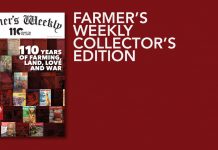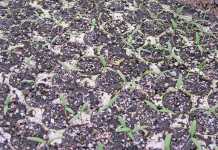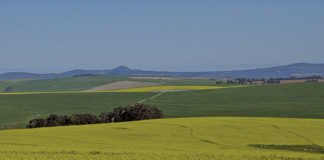My brother-in-law’s made it clear that he can’t stand the thought of ‘boerehorse’ rolls while my Kalahari friend Rachelle says she’s become very suspicious about ‘buffalo wings’ – these, she reckons, taste very much like chicken!
Johanna, another friend of mine, meanwhile, has taken to going around singing “Inky Pinky Ponky, we’ve been fed a donkey!”
And don’t forget the recent fuel price hike. Cousin Rix warned that we should stop eating horses and donkeys – these animals are set to become very valuable modes of transport since we won’t be able to afford fuel any more.
But all jokes aside, I take my hat off to Louw Hoffman and his team from Stellenbosch University for exposing the use of weird ingredients in the processed meat industry.
Horse, donkey, goat and even water buffalo in these products? Ag nee, sies man! It’s not that I think water buffalo meat, for instance, is detrimental to humans, but the thought that old horses and donkeys past their ‘sell-by date’, as it were, have been used for human consumption gives me the creeps.
The question is, though – how did products such as water buffalo and the traces of kangaroo meat found in droëwors and biltong cross the border into South Africa? How did it get past customs and excise? What role did the meat inspection services play – or not play?
No wonder the Red Meat Industry Forum reacted with alarm to Louw Hoffman and his research team’s findings.
In my opinion, we’ve got some of the most advanced legislation in the world enabling the departments of agriculture and health to test these products and to verify the labelling. But without manpower to do the work such the legislation is useless. And that’s exactly where the problem lies. As long as these structures are left by the wayside I foresee serious problems in terms of consumer resistance.
And the sad part is that the top quality and ethical manufacturers will also be adversely affected by the scandal.
SA’s red meat industry needs to proceed with extreme caution and, also, a certain amount of boldness. A few press releases here and there will achieve nothing. We need a comprehensive, proactive and focussed marketing campaign.
Now’s not the time to get defensive. The industry needs to educate its SA consumer base about the excellent qualities and top standard of locally produced red meat.










